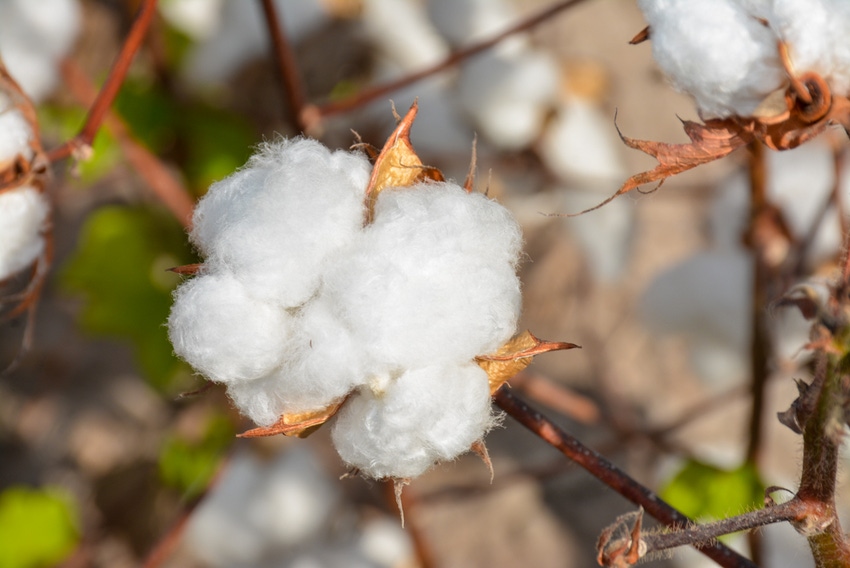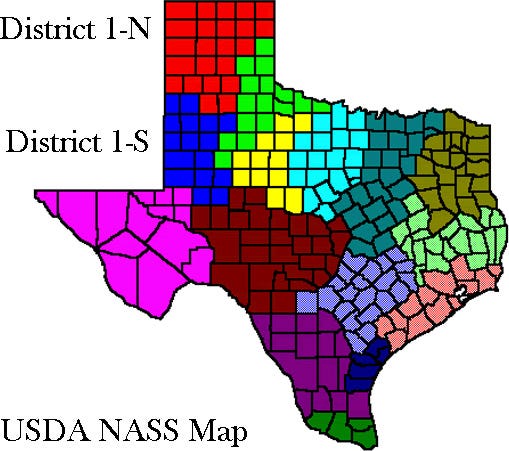
Drought complicated by high temperatures and gusting winds on the Texas Plains may be reminiscent of 2011, but according to Plains Cotton Growers Executive Vice President Steve Verett, 2018 is not another 2011 nor is it like last year, either.
“When it's all said and done, there will be around a 40 to 50 percent abandonment rate on the entire crop, both dryland and irrigated — of course dryland will be higher,” says Verett. “In 2011, there were practically zero dryland acres. The abandonment rate in 2011 was 66 percent.”
While the rainfall timing and coverage hasn’t been ideal this year, Verett says, it’s not been nearly as dry as it was seven years ago. “Those were all-time, record-low precipitation levels in 2011. There are some areas this year that are not a whole lot better than in 2011, but it is somewhat, especially, when you talk about areas north of Plainview and the newer area, north of Amarillo, they’ve had some pretty normal rainfall. Plus, they've had good weather and their crop is much further along than it was this time last year, when they ran into quality issues.”
In 2017, cotton producers on the Texas Plains, areas 1-N and 1-S, harvested more than 5 million bales of cotton. This year, growers are projected to harvest 3.9 million bales of cotton, according to September’s USDA National Agriculture Statistics Service (NASS) report, which Verett says is still considered to be an average to above average crop for this area.

“We continue to hear from a lot of people, there are irrigated farmers who believe they've got the best irrigated crop they've ever had. Now, that's not the case everywhere and we know that. I’ve also heard, the further along we get, what dryland survived is much better than they ever thought it could be.
“When you look at the last estimate, we’re only going to harvest about 2.5 million acres,” says Verett, compared to the 3.28 million acres harvested in 2017. “Overall production will be off significantly. But when you look at the acres we are going to harvest, I believe there's going to be some very good yields on some of that land.”
What the 2018 crop lacked in rainfall, it made up for in heat units. “When we look at heat unit accumulation for all the stations across the High Plains, we’re significantly ahead of the long-term average on heat unit accumulation. So, from a maturity standpoint, a quality standpoint, we don't think we're going to experience near the kind of problems we had last year with micronaire,” says Verett.
Seed cotton signups
As producers begin to prepare for harvest, Verett encourages growers not to wait until the last minute to make their decisions about the seed cotton program.
“This is something that’s going to demand some attention,” says Verett. “We really encourage folks to use the Texas A&M Decision Tool and begin to get their information together, make sure the information they received in the letter from the FSA is correct and if not, get it adjusted.
“I know December 7 sounds like a long time away, but it'll be here before you know it.”
About the Author(s)
You May Also Like






